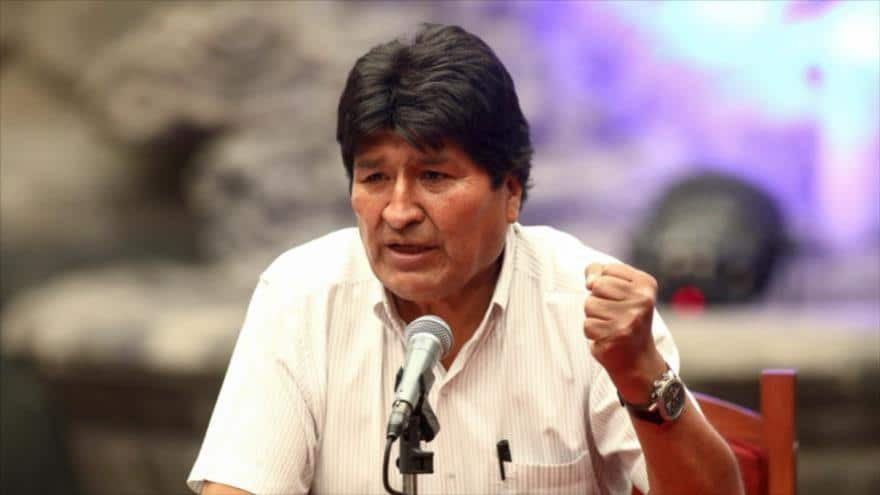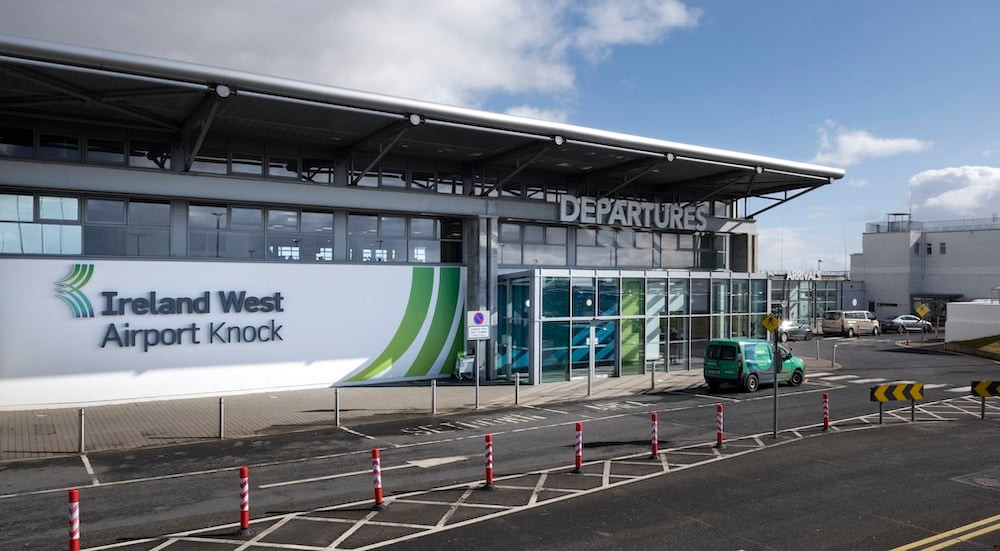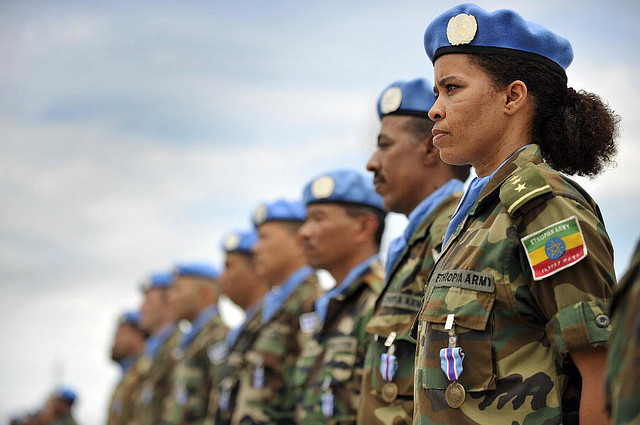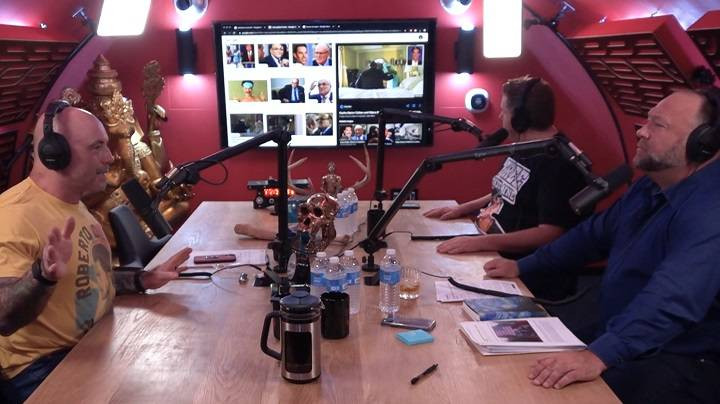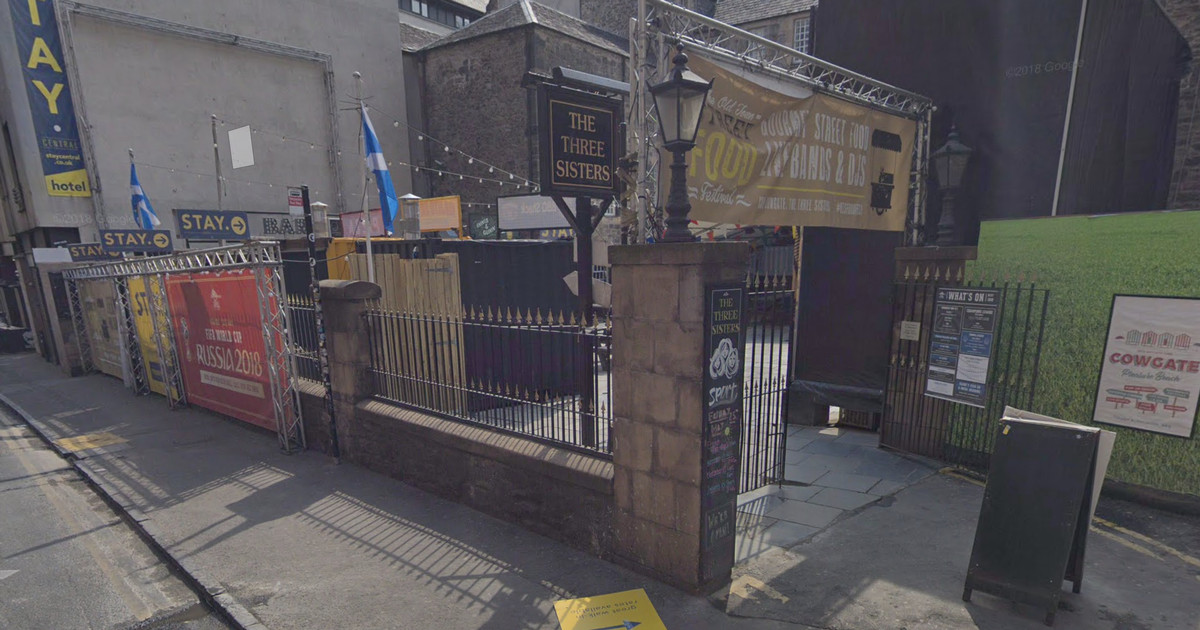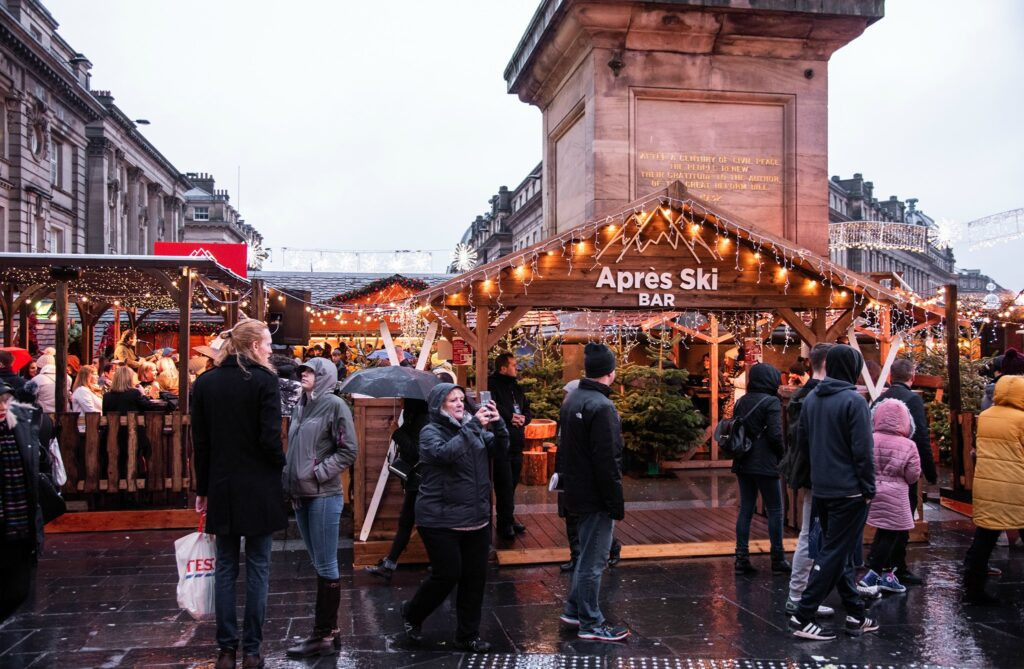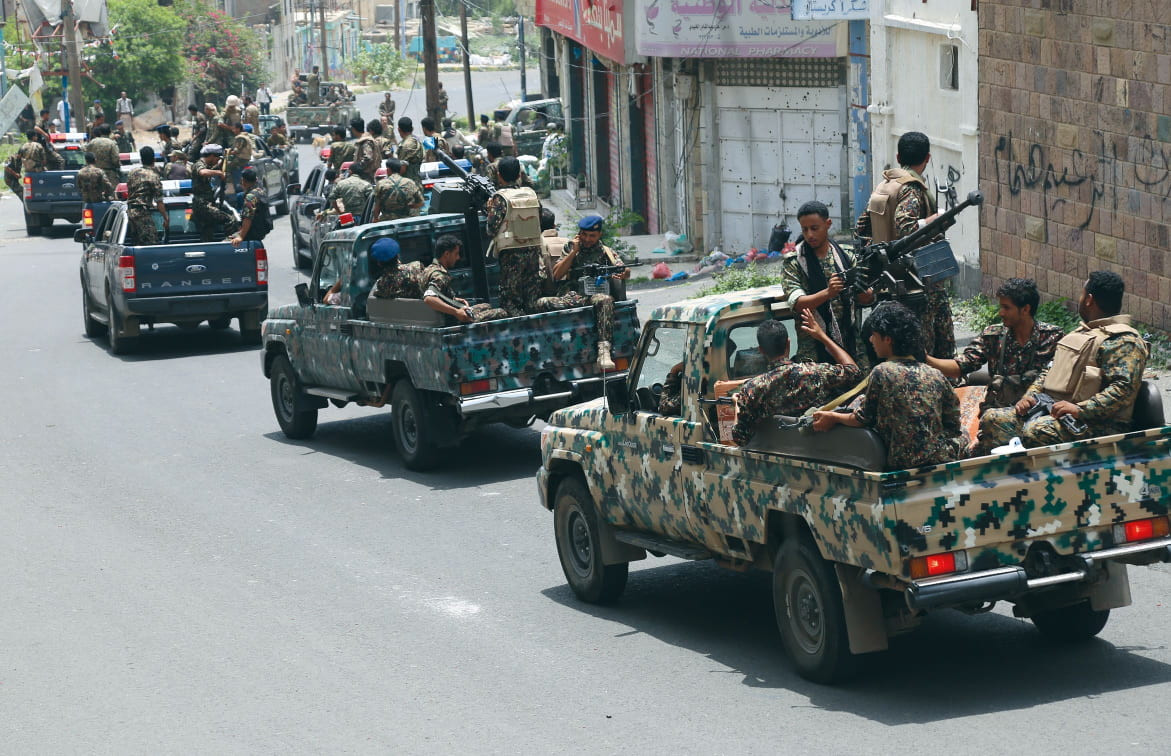Evo Morales, the former Bolivian president, said on Sunday a car he was travelling in had been shot at in what he condemned as an attempt on his life. The incident has further inflamed political tensions in Bolivia, a country already grappling with economic hardship and a power struggle between Morales and his former ally, President Luis Arce. Morales, who led Bolivia from 2006 to 2019, is facing legal issues including investigations for alleged statutory rape and human trafficking, which he denies. Morales claims the accusations are part of a right-wing vendetta against him by the interim president who replaced him in office after his resignation in 2019 following allegations of vote-rigging. His supporters have been organising road blockades for weeks in a show of solidarity with the former president, resulting in a stalemate between the two factions.
A Tense Standoff
Morales posted a video on Facebook that showed him in the front passenger seat of a car with bullet holes in the windshield. In the video, which has not been independently verified, the driver appeared injured but was able to continue driving. The video appears to show the aftermath of the attack, with Morales in the passenger seat, and his driver appearing injured. Morales, who was not injured, blamed the government for the attack, which he called a “failure” that adds to the “political defeat of a government that has lost legitimacy in the eyes of the Bolivian people.” The government denied any involvement and said that an investigation had been opened.
A Political Battleground
The incident, which occurred in the central Bolivian department of Cochabamba, comes at a time of high tensions, with supporters of Mr Morales blocking highways in the centre of the country as police and security forces try to clear them. In a statement, Morales's Movement for Socialism (Mas) party said men in black had fired on the vehicle when it passed by a military barracks. The party said it held President Luis Arce's government responsible. Both men belong to the governing Mas party. But they have fallen out and their relations have become even more acrimonious since both announced their intention to run as the Mas party's candidate in the 2025 presidential election.
The power struggle has unfolded during a period of acute economic strife in Bolivia. In recent weeks, blockades set up by Morales’ supporters on major highways have led to food and fuel shortages in some cities. The roadblocks — protesting what Morales' supporters decry as President Luis Arce's attempts to sabotage his former mentor and bitter political rival — have isolated cities and disrupted food and fuel supplies. Arce’s government has accused Morales of “destabilising” the country and trying to “interrupt democratic order”.
The discovery comes at a time when gas exports - one of Bolivia's main sources of revenue - had dwindled. Bolivia is also grappling with dwindling gas production and rising inflation. A coup in the country was narrowly headed off after troops stormed the presidential palace.
A Long History of Unrest
The political turmoil in Bolivia reached a flashpoint in June with the arrest of a general accused of orchestrating a coup against the government. Armed soldiers and armored vehicles led by Gen. Juan Jose Zúñiga attempted to occupy government offices and break into the government palace to oust Arce. The rebellion retreated after Arce confronted the general, bringing the alleged coup attempt to a head, and ordered him to stand down. The general and other senior officers were later arrested. Morales maintains he was removed from office in a 2019 coup after he ran for a fourth term.
The recent events have raised concerns about the stability of the country and the future of its democracy. It is unclear how this latest incident will impact the ongoing political struggle in Bolivia, but it is likely to further exacerbate tensions and deepen the divisions within the country.
The Future of Bolivia
The political unrest in Bolivia has been a long-standing issue, dating back to the country’s independence in 1825. The events surrounding the alleged assassination attempt highlight the fragile state of Bolivian politics and the deep divisions within the country. The country is in a precarious position, with a struggling economy, a divided political landscape, and a history of instability. It remains to be seen how these events will play out and what the future holds for Bolivia. The government's investigation into the alleged assassination attempt will likely be closely watched, both in Bolivia and abroad.




